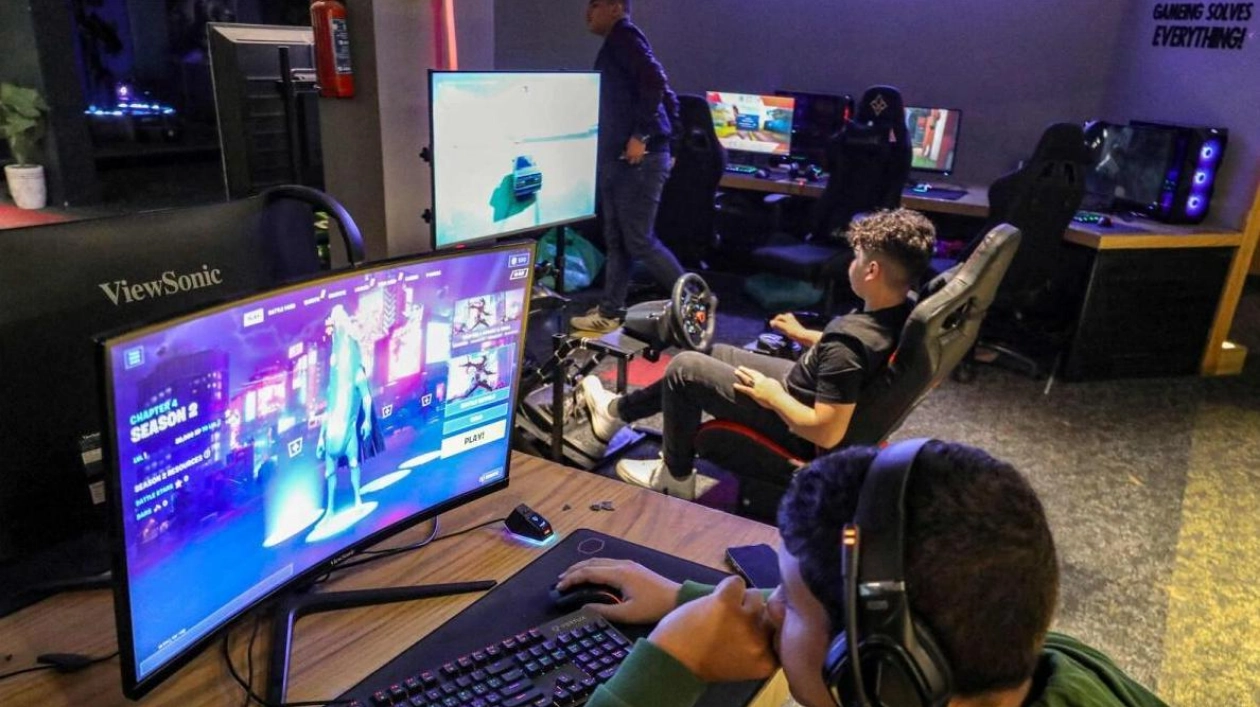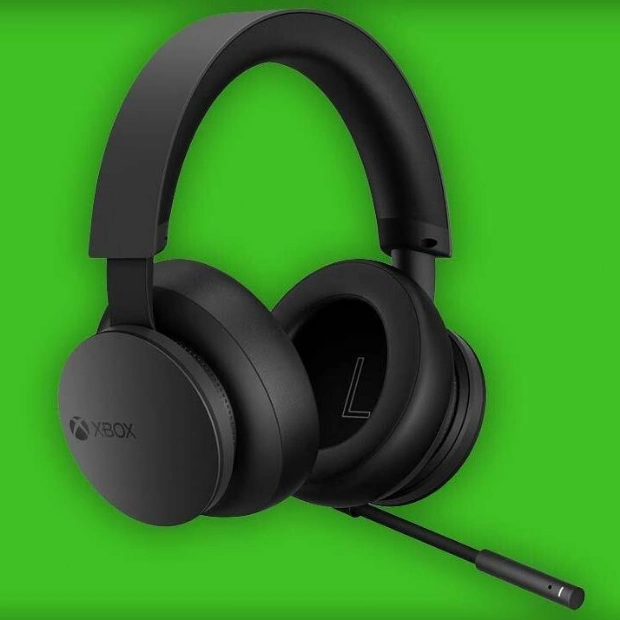Certain research suggests that video games can offer therapeutic benefits for those battling mental health issues. Young individuals interviewed by Khaleej Times expressed their ease in using video games as a tool to regulate their feelings. Some even indicated a preference for conventional therapy if it integrated elements of gaming. However, the question remains: how much can video games truly serve as a means of emotional release?
A young enthusiast shared that video games have been more beneficial during tough periods in his life than any prior therapy. James Lee, a 20-year-old from Dubai, confided that he finds therapy intimidating, especially the idea of a stranger extracting his trauma. In contrast, gaming provides a sense of control without external influence. Lee admitted that video games were his primary escape during challenging times, offering a temporary respite from reality.
Dante Chapman, a 15-year-old who discovered his passion for gaming at age two, noted that games allow for the release of anger and enjoyment without judgment. While some dismiss gaming as mere escapism, there is increasing evidence of its therapeutic potential, according to Bushra Khan, an emotional wellbeing coach in Dubai. She highlighted studies showing that video games can aid individuals with Alzheimer’s and dementia by improving memory and daily skills.
Khan also cautioned that while gaming can provide stress relief and cognitive stimulation, users must be mindful of potential overindulgence. Signs of excessive gaming include interference with daily tasks, health issues, and loss of interest in other activities. She advised setting boundaries, taking breaks, and diversifying coping strategies to maintain the benefits without overdoing it.
Conor Minton, 27, echoed the need for moderation, noting the fleeting nature of the highs from gaming. Amaan Rafiq, also 27, limits his gaming time due to the agitation it can cause, especially during competitive play. Both emphasize the importance of self-regulation and finding alternative outlets.
Carolyn Yaffe, a therapist in Dubai, stressed that while some video games can support mental health, they should not replace professional therapy. Certain games are designed to incorporate therapeutic elements, aiding in thought and emotion management. Rafiq and Minton both express openness to therapy if it included gaming elements, highlighting the potential for a blended approach.






